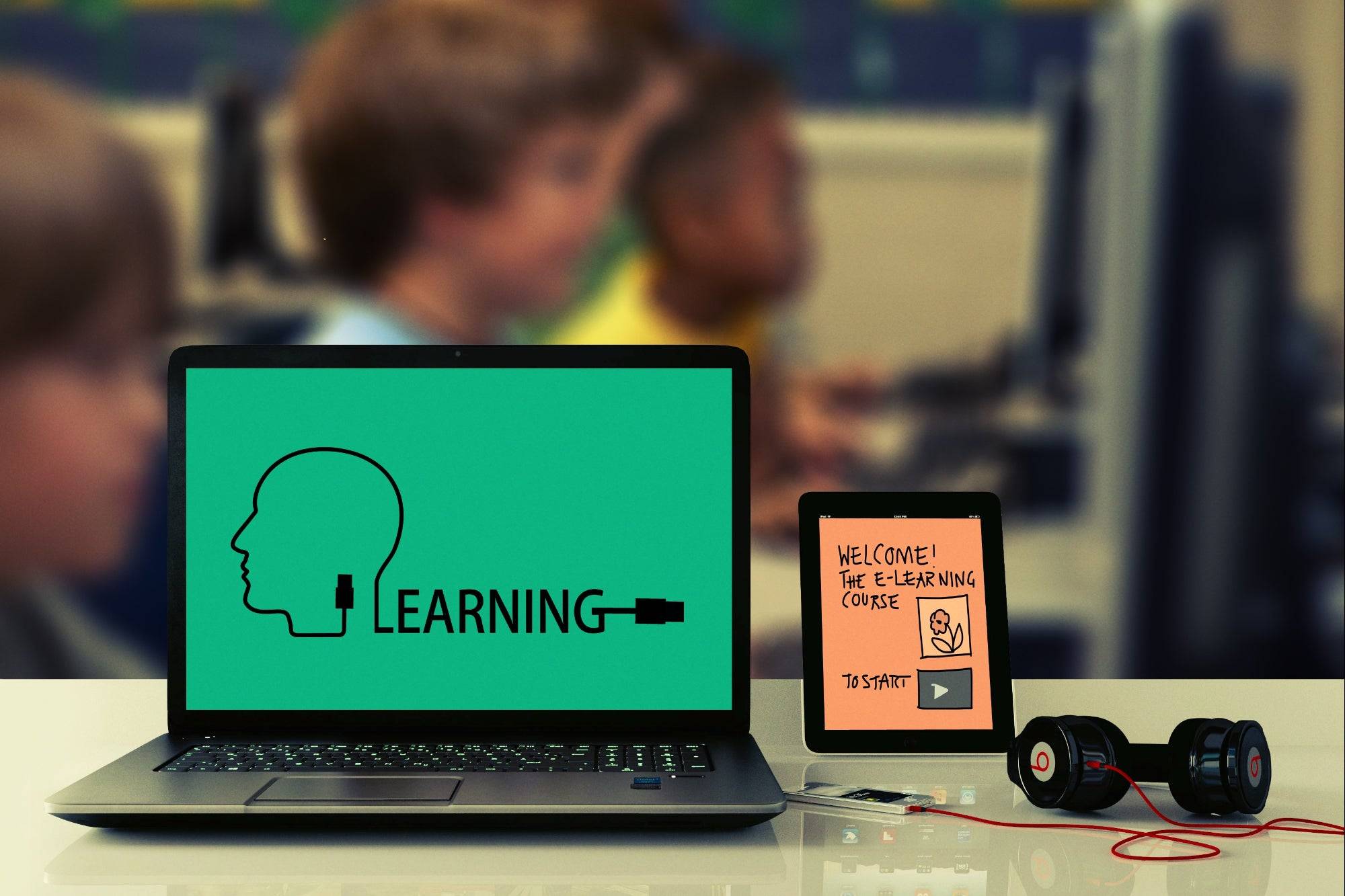E-LEARNING EVOLUTION: EXPLORING THE PROS AND CONS OF ONLINE LEARNING
The landscape of education is undergoing a significant transformation with the rise of online learning platforms. The accessibility and flexibility afforded by digital education have reshaped how individuals acquire knowledge and skills. However, as with any paradigm shift, the surge in online learning brings with it both advantages and challenges.
PROS OF ONLINE
LEARNING:
Flexibility and
Accessibility:
Online learning transcends geographical barriers, allowing individuals to access educational resources from virtually anywhere. This flexibility is particularly beneficial for working professionals, parents, and those with diverse commitments.
Diverse Course
Offerings:
Online platforms host a vast array of courses catering to diverse interests and fields of study. This enables learners to explore niche subjects, stay updated on industry trends, and pursue courses that align with their career goals.
Self-Paced Learning:
Online courses often follow a self-paced model, empowering learners to progress at their own speed. This accommodates varied learning styles and allows individuals to delve deeper into challenging topics or breeze through familiar ones.
Cost-Effectiveness:
Online learning can be more affordable than traditional
education, with reduced or no costs for commuting, accommodation, and physical
course materials. Additionally, many online resources are freely accessible,
making education more inclusive.
Technological
Integration:
Embracing online learning encourages the development of digital literacy skills. Learners become adept at utilizing various technological tools and platforms, preparing them for the demands of a technology-driven workforce.
CONS OF ONLINE LEARNING:
Lack of Face-to-Face
Interaction:
The absence of in-person interactions can hinder certain aspects of the learning experience. Collaborative projects, immediate feedback, and networking opportunities may be limited in an online environment.
Potential for Distractions:
Learning from the comfort of one's home can lead to
distractions, impacting concentration and focus. Household responsibilities,
social media, and other diversions can pose challenges to effective online
learning.
Dependence on
Technology:
Technical issues, such as poor internet connectivity or platform glitches, can disrupt the learning process. Some individuals may face barriers due to a lack of access to necessary technology.
Limited Social
Engagement:
Traditional classrooms foster social interactions, teamwork, and a sense of community. Online learning, while offering discussion forums, may not replicate the interpersonal dynamics found in physical classrooms.
Self-Motivation Requirement:
Successful online learning often relies on self-discipline
and motivation. Some learners may struggle without the structure provided by
traditional classrooms and the accountability of face-to-face interactions.
However, it is essential to navigate the potential drawbacks, ensuring that the benefits of online education are maximized while addressing the challenges to create a well-rounded and effective learning experience.


